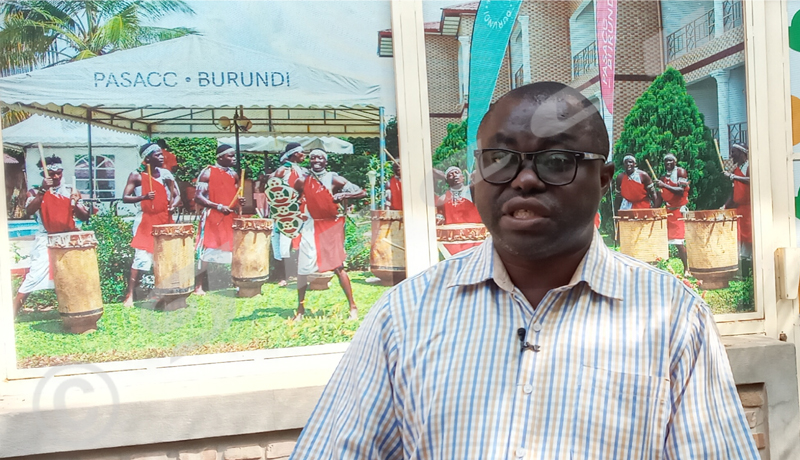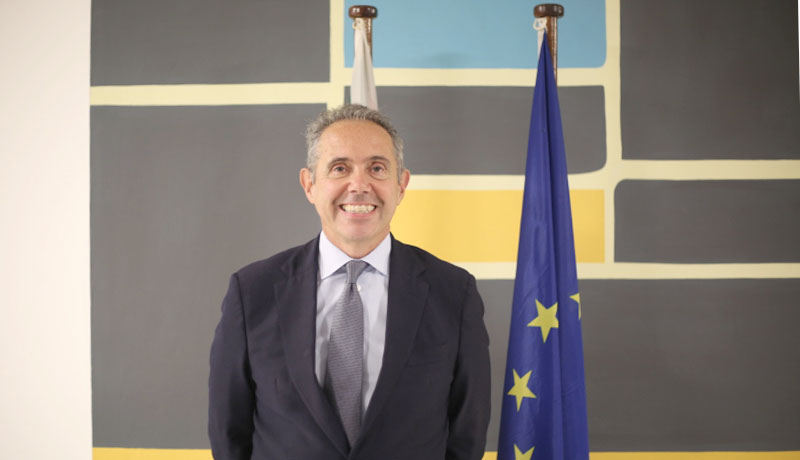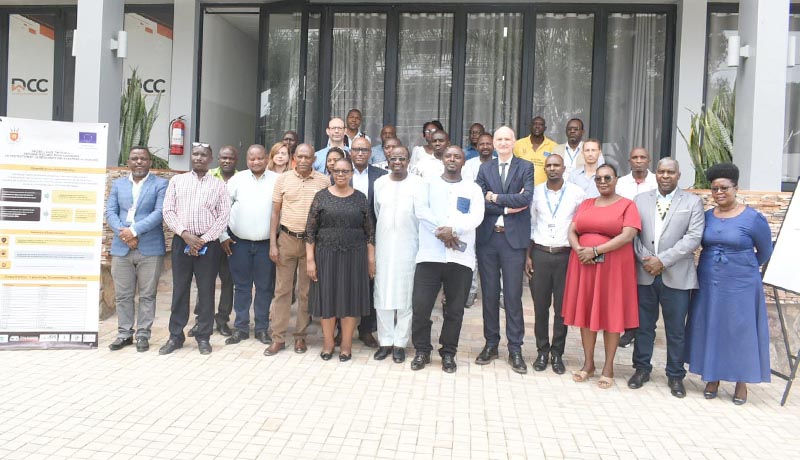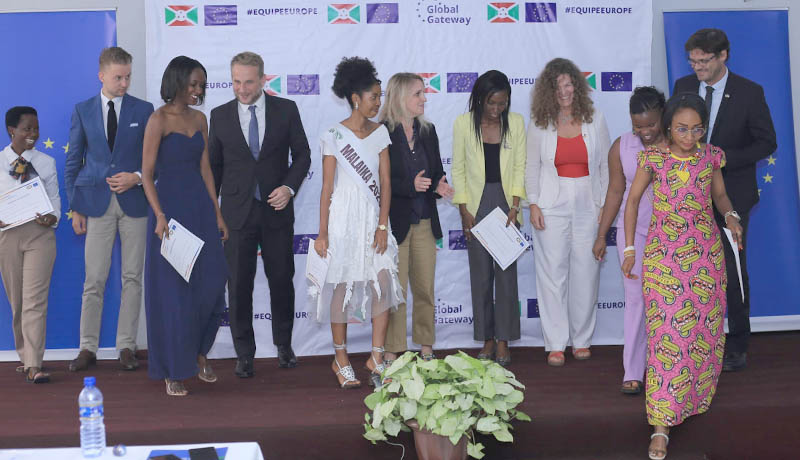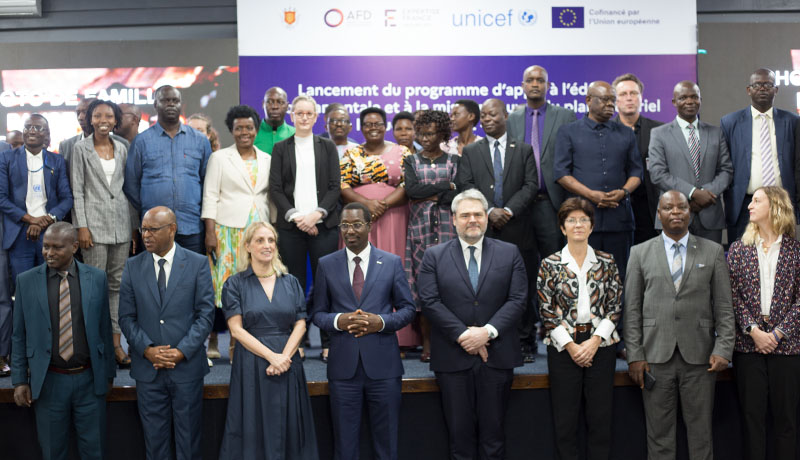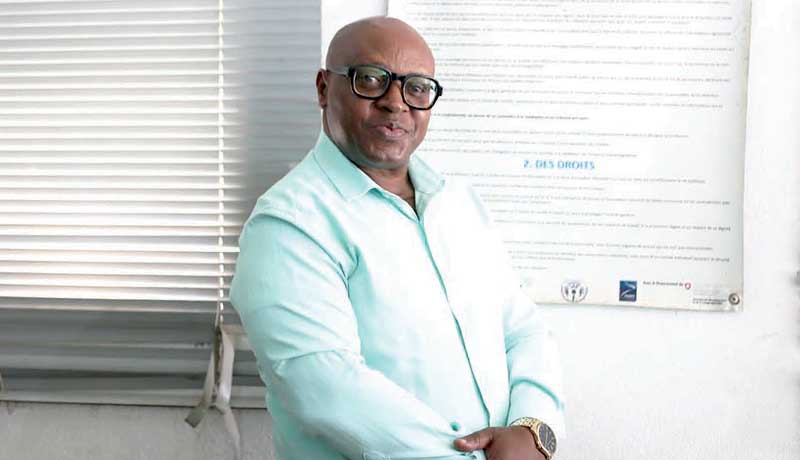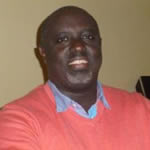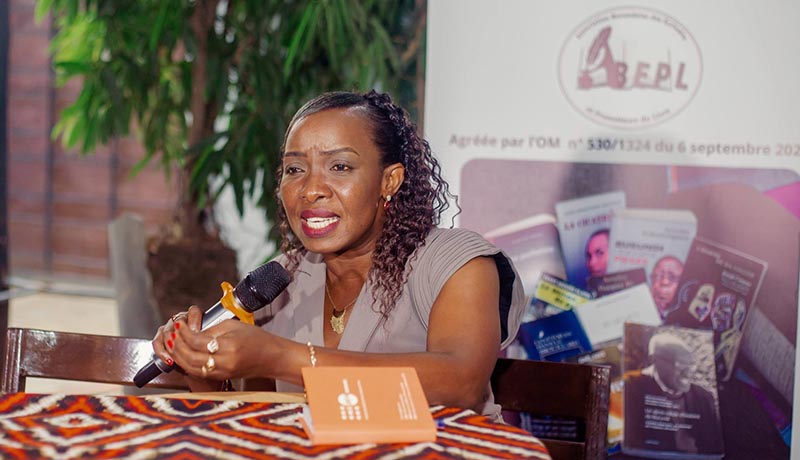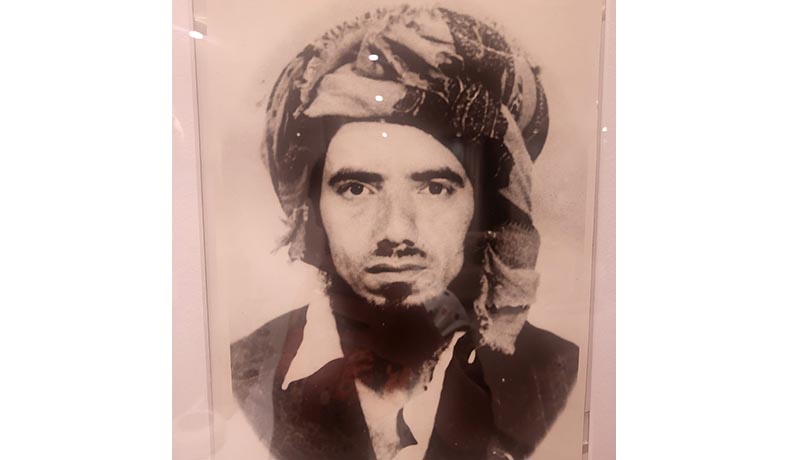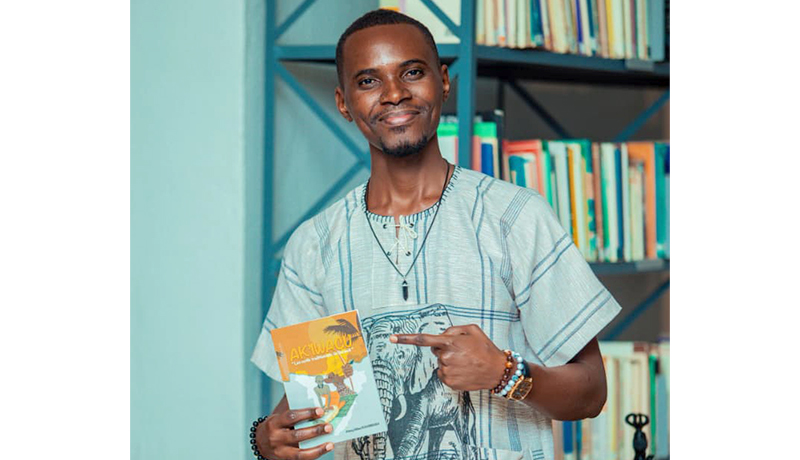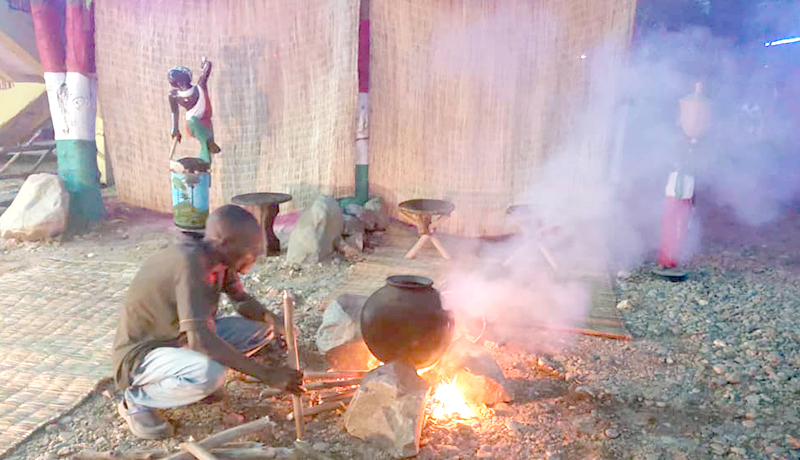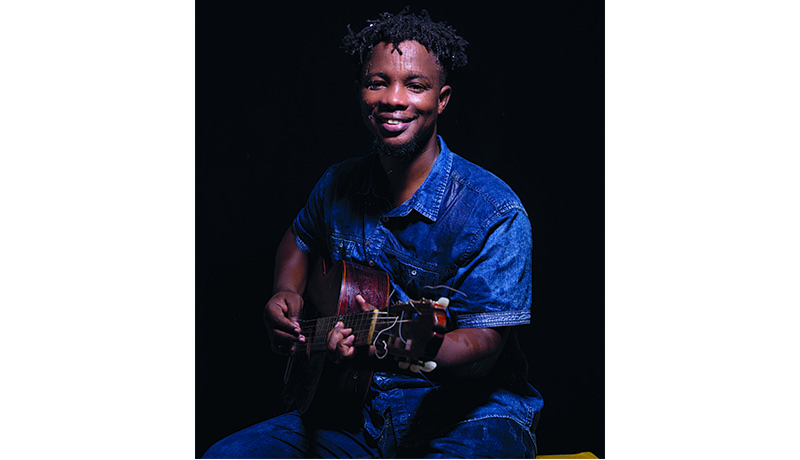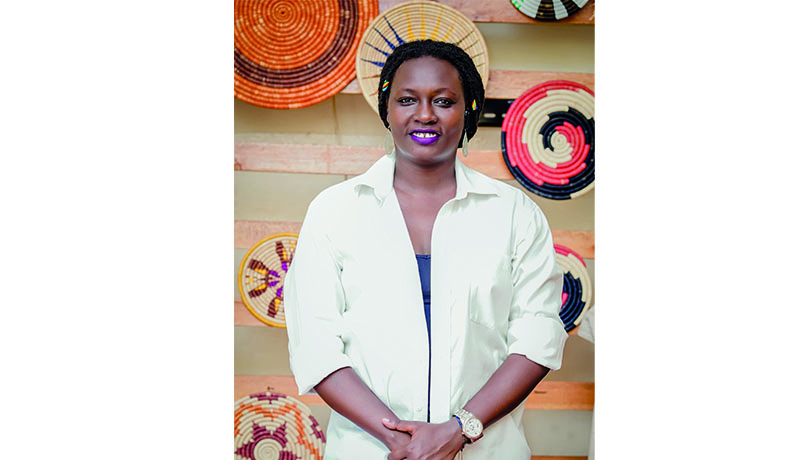Lack of financial support, linguistic constraints and difficulties in accessing the international market are some of the challenges faced by Burundian artists. The European project for the support of the culture sector in Burundi (PASACC-Burundi), funded by the European Union, supports artists through training, capacity building and mobility scholarships.
The project for the sectoral support for cultural and creative actors in Burundi (PASACC-Burundi) aims at promoting Burundian culture by professionalizing local actors, improving quality of creations and providing support to place them on the market.
Funded by the European Union at nearly 2 million euros, this project is implemented in Bujumbura, Ngozi and Gitega provinces. It focuses on three areas of intervention, namely cultural and creative entrepreneurship, strengthening managerial, artistic, technical and dissemination capacities as well as access to creative markets and international networks.
For the cultural and creative entrepreneurship axis, 24 companies were selected in two groups: six companies in the “scale-up” program and 18 start-up companies through the “start-up” program.
“Each of these companies must have 15 months of support from the Maison des Entrepreneurs de l’ADISCO (Support for Integral Development and Solidarity in the Neighborhoods). They have 15 months for the incubation period and receive several trainings, coaching, mentoring with international mentors so that they can strengthen their capacities in cultural and creative entrepreneurship,” explains Rénovat Havyarimana, coordinator of PASACC-Burundi project.
According to him, at least 48 cultural entrepreneurs, including two per company, have been trained in entrepreneurial subjects to provide them with instruments or documents that allow them to make good progress in their work.
“As regard to managerial, artistic and technical capacities building, 225 young artists and cultural operators benefited from 22 training sessions. Everyone did at least two or three training courses,” says Rénovat Havyarimana.
According to him, these artists and cultural operators received training in sound, production and mixing techniques. Slam artists were trained in slam, the production of documentary films and TV series. According to him, there has also been training in artistic career management, cultural administration and intellectual property law.
Regarding mobility scholarships, Burundian artists and operators participated in large-scale international cultural events with PASACC-Burundi support.
According to the coordinator of this project, six artists operating in the visual art sector participated in artistic biennial Dak’Art in May 2022 in Dakar, eight actors active in the theater sector also participated in a cultural event Les Récréatrales in October 2022 in Ouagadougou. In addition, 12 musicians and managers working in the music industry represented Burundi in Visa for Music last November in Rabat, Morocco.
For him, these mobility grants are opportunities for Burundian artists to gain much more experience and increase their networking by seeking collaborations with practitioners from around the world.
Artists welcome the support from PASACC-Burundi
“Through this project, we participated in training and capacity building to deepen our knowledge in cultural and creative entrepreneurship,” says Jean Claude Niyuhire, head of a managerial house of the Amagaba troupe, a Burundian cultural club.
He is delighted to have benefited from a mobility scholarship in Morocco where he met other artists from all over the world: “This grant is important, because we were able to learn from experiences of other international artists in order to see how to improve our work so that we can live from our works.”
For him, this scholarship was an opportunity to invite international artists to take part in festivals organized in Burundi: “Soon, artists from different countries will participate in Burundian festivals.”
He hopes that the Amagaba troupe as well as other Burundian cultural groups will now be invited to various international festivals thanks to these mobility scholarships paid by PASACC-Burundi.
Jean Claude Niyuhire greatly appreciates PASACC-Burundi project and asks for its extension. “Few have benefited from the support of this project. There are still many Burundian artists who need support to develop their profession.”
“Through PASACC-Burundi project, I did a lot of training. I received two certificates in the sector of events and in the management of cultural and artistic structures. For the moment, I know how to well manage my KuzaMuzik house,” says the Burundian musician André Ndabaneze, also known as Andy Mwag.
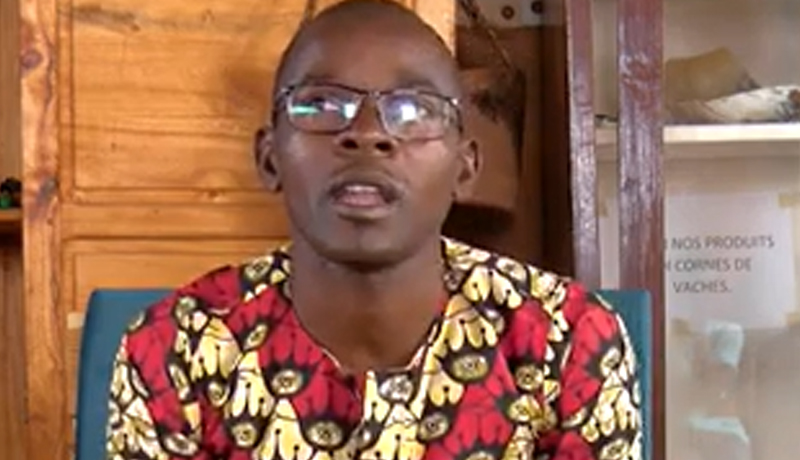
The Sectoral Chamber of Arts and Crafts (CHASAA) also appreciates the support from PASACC-Burundi project. “We have a partnership with this project. Our artists and craftsmen, in particular musicians as well as those who work in technical services, have submitted their projects and have benefited from the support of this project,” said David Kigongwe, Bujumbura branch manager at CHASAA.
According to him, many artists have improved their level following the support of this project, which has had a positive impact on the life of a Burundian artist in general: “The level of Burundian artists and craftsmen continues to improve. Their earned income from art and culture also increases over time.”
More challenges to meet
According to Jean Claude Niyuhire of the Amagaba troupe, few Burundian artists have health insurance. He says that in other countries, artists are affiliated with health insurance companies, as medical care is often difficult to cover: “Some Burundian health insurance companies have agreed to support artists, to lower prices so that artists can benefit from health insurance. It is a challenge that we must continue to meet.”
He regrets that Burundi is often absent from international festivals. According to him, it is difficult for Burundian artists to obtain visas to go abroad and attend those festivals. And he asks the Burundian Government to intercede with the embassies accredited to Burundi.
For him, Burundi should be on the international scene: “When an artist is invited to a festival abroad, the country also benefits. In other countries, companies and businesses are mobilized to support artists who represent the country. This is rare in Burundi.”
David Kigongwe of CHASAA regrets that some Burundian artists do not have long-term visions. According to him, some artists do not prefer to join cooperatives, which limit their sales markets and their potential.
“Burundian artists and artisans have a linguistic challenge. In the East African Community (EAC), English is commonly used. For those who do not speak English, it is difficult for them to negotiate with customers in the international market.” He asks PASACC-Burundi project to organize trainings in foreign languages for Burundian artists and cultural operators.
For the project coordinator, Rénovat Havyarimana, the cultural sector has many challenges. For him, the language issue is still a challenge for those who operate in the cultural and artistic sector: “Artists and cultural operators must find solutions to respond to this challenge.”
Concerning the coverage of the whole country by PASACC-Burundi, in addition to the three provinces of intervention, he hopes for the extension of the project to the rest of the country: “The project is conditioned by available funds. We hope that there will be other initiatives from the European Union and other donors that will cover other provinces. If we manage to extend the project for the second phase, we will see if the other provinces can benefit from it.”
What can be done for an artist to make a living from their profession?
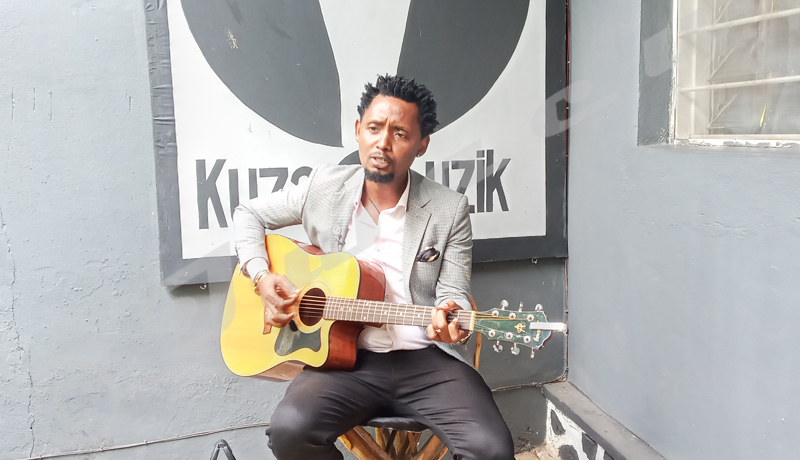
For Andy Mwag of KuzaMuzik, it is easy for a Burundian artist to live from his art: “I have been making music for 20 years. I started out doing karaoke. I have a wife and two children. I live from music.”
To increase income, he adds, some artists join labels that promote them: “We organize shows, we receive money to support ourselves. Our YouTube channels also help us make money.”
He is delighted that Burundian artistic works are accessing international markets through online platforms. He calls on the government of Burundi to sign agreements with YouTube: “This would boost Burundian music and make our productions known on the international market. Otherwise, we risk publishing a song that cannot be broadcast abroad.”
Andy Mwag denounces the problem of promotion in the Burundian music industry. For him, it is normal that foreign artists are loved in Burundi: “You can’t stop a good music. For Burundian music, there must first be local promotion, especially in the media.”
He calls on Burundian musicians to work a lot and improve the composition of songs: “Burundian artists need to pull themselves together and review their compositions so that their songs have originality. We must make more efforts so that Burundian music occupies an important place abroad.”
For the head of the management house of Amagaba troupe, when an artist does not have a management house or a company that supports them, it is very difficult to live from their profession. He calls on Burundian artists to work together and businesses to support the cultural and artistic sector.
He recommends a general symposium of culture and art to discuss the challenges observed in this sector, how to meet them as well as strategies to bring Burundian culture and art to the international scene.
For him, the general symposium of culture and art must be organized to study how to bring Burundian culture and art to the international scene.
PASACC-Burundi project is extended over three years. Its goal is to preserve the country’s cultural heritage through training and support for the development of projects, but also by creating jobs for young people. It is led by a consortium of Belgian and Burundian actors including Menya Media, ADISCO and the Belgian organization Africalia.
